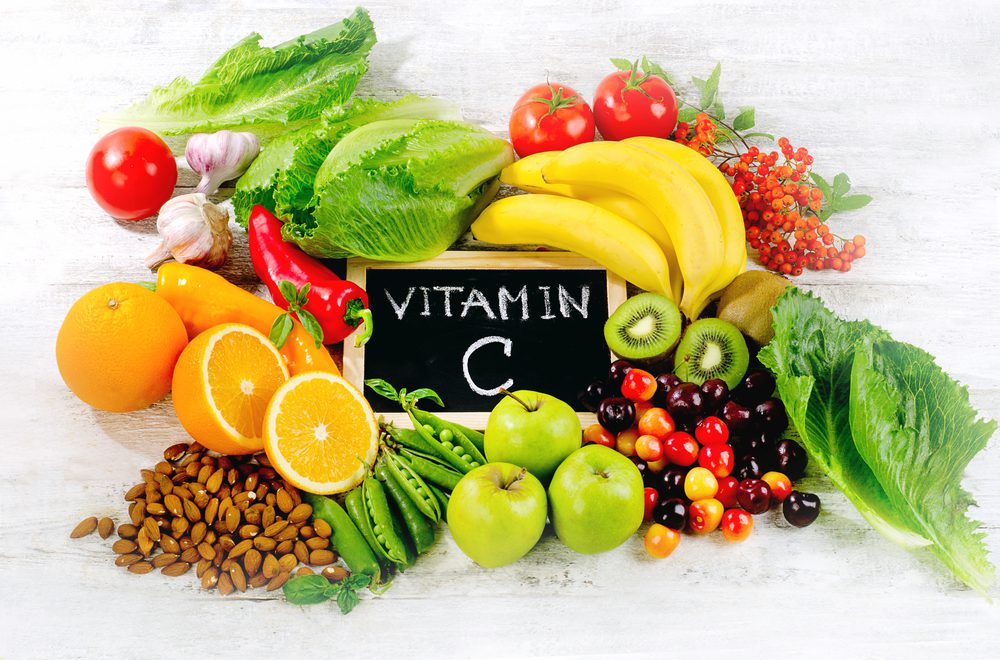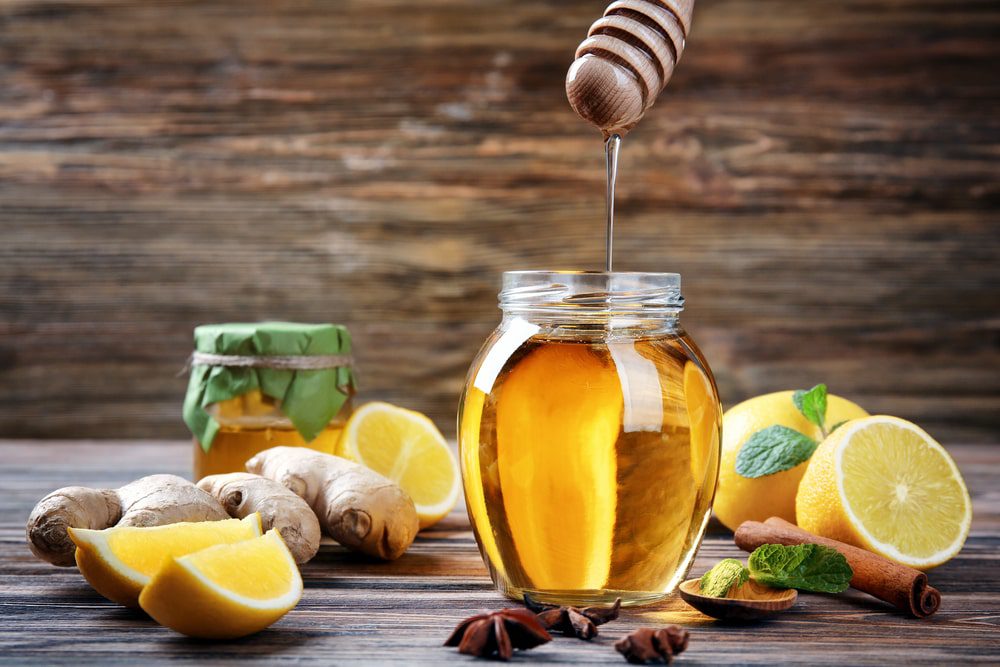
It’s a common thing these days to have a vitamin deficiency. Luckily, there are also all types of supplements and diets that can help us restore our vitamin levels. But before you start gulping such supplements, it’s important to know that not everything we put into our bodies will have the desired effect.
On the contrary, some might work against us, especially when you combine more supplements or take them with over-the-counter (OTC) or prescribed medications.
As explained by Azza Halim, MD, a board-certified anesthesiologist, “there are plenty of supplements that are synergistic when combined versus those that actually can increase side effects, or increase or decrease absorption”. This doesn’t mean all combinations are wrong, but you do need to discuss with a doctor before mixing more supplements.
However, even with medical oversight, the following combination of supplements is to be avoided.

























